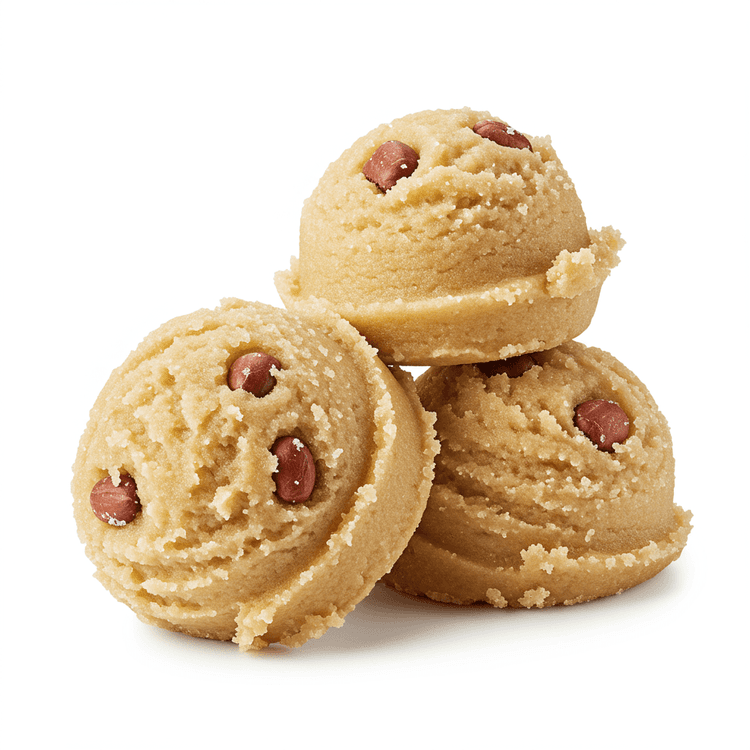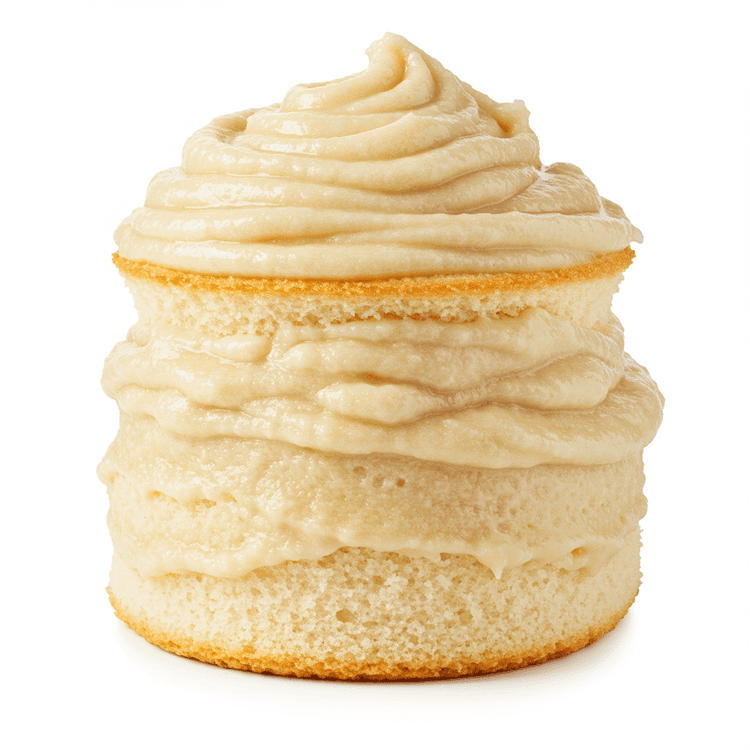
Cookie Dough
Cookie dough is a sweet, pliable mixture of ingredients like flour, butter, sugar, and eggs, designed to be baked into delicious cookies. Its texture ranges from soft and slightly sticky to firm and easy to handle, depending on the recipe. Typically light brown or golden in color, cookie dough offers a tempting preview of the baked treat to come. Making homemade cookie dough lets you control every ingredient, ensuring fresh, flavorful results. Look for classic cookie dough recipes or explore variations with chocolate chips, nuts, and other mix-ins. Properly stored cookie dough can also be frozen for baking later. Whether you’re baking chocolate chip cookies, sugar cookies, or oatmeal cookies, understanding the basics of cookie dough is key.
Common Uses
- Cookie dough is most frequently used to bake cookies. Simply drop spoonfuls of dough onto a baking sheet and bake until golden brown for a classic homemade cookie experience.
- Many cookie dough recipes can be adapted for making cookie bars. Press the dough into a baking pan and bake for a thicker, chewier treat, providing a quicker and simpler baking alternative to individual cookies.
- Cookie dough can be used to create unique desserts like cookie dough ice cream. Crumble or chop pieces of the raw dough (ensure you follow food safety precautions regarding raw eggs) and mix into your favorite ice cream base for a fun and indulgent treat.
- Some adventurous bakers use cookie dough as a filling for pastries or pies. Wrap the dough in puff pastry or use it as a layer within a pie to add a rich, sweet flavor and soft texture to baked goods. Bake until golden.
- Consider edible cookie dough variations that are safe to eat raw, typically made without eggs and using heat-treated flour. These are perfect for snacking straight from the bowl or adding to desserts without baking.
- Cookie dough can be transformed into delightful crusts for mini cheesecakes or tarts. Press the dough into small tart pans or muffin tins to form a crust, bake until lightly golden, then fill with cheesecake filling or fruit for an easy and crowd-pleasing dessert.
Nutrition (per serving)
Nutrition (per serving)
Calories
484.0kcal (24.2%)
Protein
6.1g (12.2%)
Carbs
59.9g (21.78%)
Sugars
32.5g (65%)
Healthy Fat
10.9g
Unhealthy Fat
13.0g
% Daily Value based on a 2000 calorie diet
Nutrition (per serving)
Calories
484.0kcal (24.2%)
Protein
6.1g (12.2%)
Carbs
59.9g (21.78%)
Sugars
32.5g (65%)
Healthy Fat
10.9g
Unhealthy Fat
13.0g
% Daily Value based on a 2000 calorie diet
Health Benefits
- Provides carbohydrates for energy.
- Contains fats necessary for nutrient absorption.
- Can be a source of calcium and iron depending on the ingredients used.
- Offers psychological comfort and enjoyment as a treat.
Substitutes
Chefadora AI is here.
Experience smarter, stress-free cooking.
Storage Tips
Cookie dough, whether homemade or store-bought, should always be refrigerated to prevent bacterial growth and maintain its texture. Store it in an airtight container or tightly wrapped in plastic wrap. Homemade dough generally lasts for 2-3 days in the refrigerator. For longer storage, freeze the dough in pre-portioned balls or a log for up to 2-3 months. Thaw frozen cookie dough in the refrigerator before baking.

